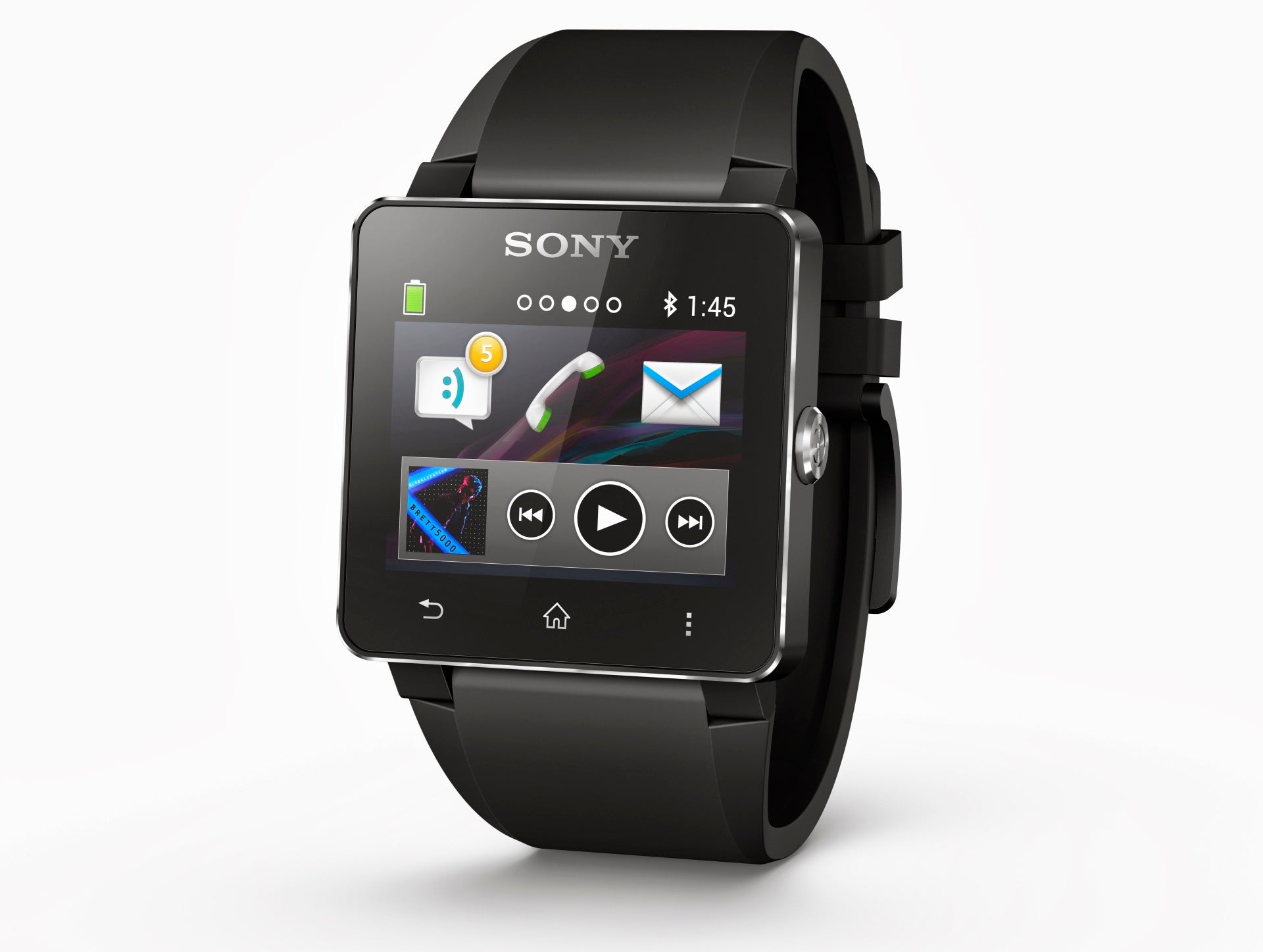Just one small problem with smart watches: They’re all terrible
More than ever, smart watches are looking like MP3 music players before Apple unveiled the iPod and began a lineage of mobile computing that would eventually turn the world of personal computing upside down. At the time, MP3 players were dominated by companies no one remembers now, like Diamond Multimedia, and MP3 players like its Rio were a novelty that consumers clearly wanted, even if manufacturers hadn’t yet figured out how to make them well.

More than ever, smart watches are looking like MP3 music players before Apple unveiled the iPod and began a lineage of mobile computing that would eventually turn the world of personal computing upside down. At the time, MP3 players were dominated by companies no one remembers now, like Diamond Multimedia, and MP3 players like its Rio were a novelty that consumers clearly wanted, even if manufacturers hadn’t yet figured out how to make them well.
With every new smart watch—today’s is Sony’s SmartWatch 2—the makers of wrist-based computers seem bent on emphasizing the inadequacy of the form factor, the design tradeoffs they’ve decided to make, their designers’ imaginations, or perhaps all three.
Summing up reviews of the current crop of smart watches, Wirecutter declared in March 2013 they were all “kind of crummy.” Ever since, it’s been up to manufacturers to prove reviewers wrong, and I predicted just days ago that Sony would fail to meaningfully up the ante with its new smart watch. A rundown of the features of Sony’s SmartWatch 2, including comparisons with its closest competitors, the Pebble and the MetaWatch, bears out that prediction.
The woes of current smart watches are myriad, from inadequate battery life (imagine charging your watch daily, like your smartphone) to low-resolution screens to a lack of third-party apps (i.e., the software that makes smartphones so useful). But the primary issue with smart watches is that there has yet to be a category-defining device worth copying by all its competitors.
That is, smart watches have yet to have their iPod or iPhone moment. This leaves the field wide open for Apple, Samsung, and Microsoft, all of which are reportedly working on smart watches, to gain the substantial first-mover advantage that comes with producing the first mobile consumer device in a new category. For the iPhone, being the first stable, truly usable pocket computer meant that developers flocked to the platform, an advantage that keeps users loyal to the iOS ecosystem even as Android handset makers offer a much more diverse and, in some respects, more capable suite of devices.
There is also a possibility that a dark-horse candidate will enter the race for smart watches and succeed by re-thinking their purpose altogether. It’s about time.